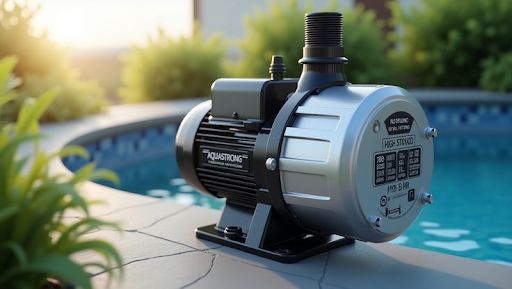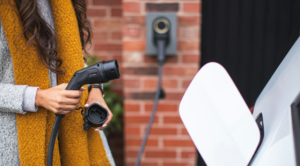
A well-functioning pool is more than just sparkling water and clean tiles. It starts with the right equipment, and at the heart of it all is the swimming pool pump. This essential piece keeps water circulating, filtering out debris, and ensuring chemicals mix evenly. Without it, your pool becomes a stagnant, unhealthy mess. But with countless options available, choosing the right pump can feel overwhelming. The right choice depends on your pool’s size, usage, and overall design. Let’s break it down and simplify the process.
Matching Pump Size to Pool Volume
Your pool’s volume is a key factor in choosing a swimming pool pump that works efficiently. A pump that’s too small won’t properly circulate the water, while one that’s too big wastes energy and may damage your system. You’ll need to calculate your pool’s volume in gallons and match it with a pump’s flow rate, usually measured in gallons per minute (GPM). This ensures the pump turns over all the water in your pool within an 8-hour period—standard for most residential setups.
Single-Speed vs. Variable-Speed Swimming Pool Pump
The swimming pool pump market includes single-speed, dual-speed, and variable-speed options. Single-speed pumps operate at one constant speed and are usually less expensive up front. However, they use more electricity and are being phased out in many areas due to energy inefficiency. Variable-speed pumps, on the other hand, can adjust their speed based on your pool’s needs. They are quieter, last longer, and can save hundreds in energy bills over time. When investing in a swimming pool pump, variable-speed models often offer the best long-term value.
Energy Efficiency and Pool Pump Ratings
Not all swimming pool pumps are created equal when it comes to energy use. Look for pumps that are ENERGY STAR® certified or meet local energy efficiency guidelines. These models use advanced motor technology to deliver the same performance with far less power. In warmer climates where your pump runs more often, the savings can be substantial. Check the pump’s horsepower and flow rate, but also review its efficiency ratings to ensure you’re not overpaying on your utility bill month after month.
Installation, Compatibility, and Maintenance Needs
A good swimming pool pump should integrate smoothly with your existing filtration and plumbing system. Check the pipe size, voltage, and filter type before purchasing. Some newer pumps come with smart features like timers or remote controls, allowing you to automate your cleaning cycle or adjust speed as needed. Regular maintenance—like cleaning out the strainer basket and checking for leaks—is essential. A quality pump should also come with a warranty that covers at least two years.
Durability and Brand Reputation Matter
In the world of swimming pool equipment, brand reputation isn’t just a marketing gimmick. Trusted manufacturers tend to offer better support, longer warranties, and replacement parts that are easier to find. Don’t let a cheaper pump lure you into multiple replacements within a few years. Look for corrosion-resistant materials, especially if you have a saltwater pool. Durability pays off over time, and a strong brand can back it up with service and reliability.
Conclusion
Choosing the right swimming pool pump doesn’t have to be a guessing game. It’s about understanding your pool’s needs, matching those with pump specifications, and investing in quality that lasts. From energy efficiency to durability and flow rate, every detail matters when it comes to keeping your pool crystal clear and running smoothly.







